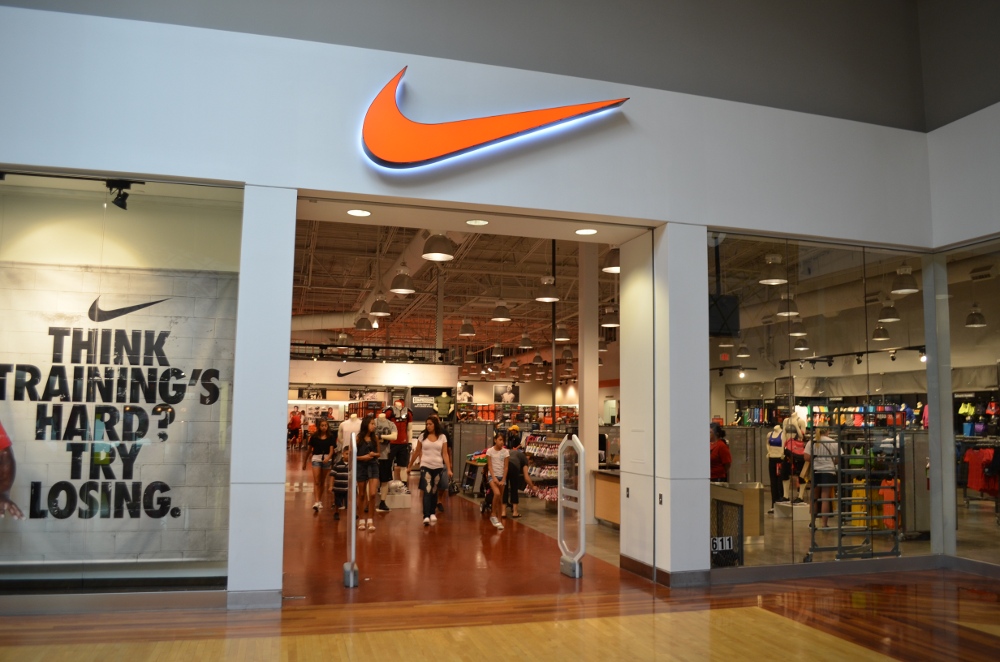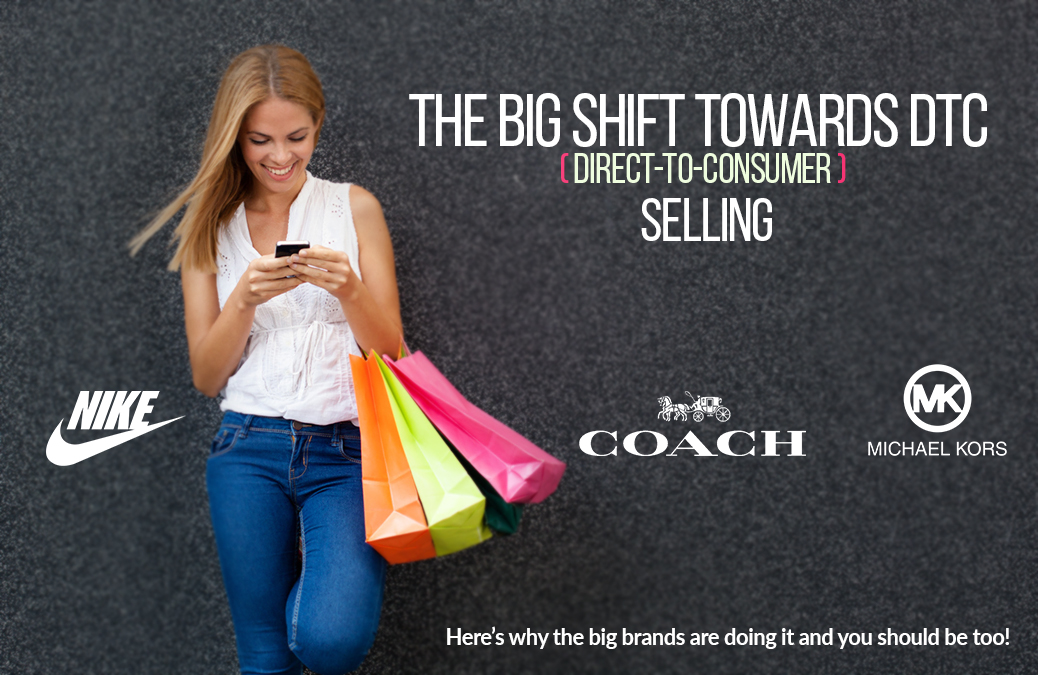Direct-to-Consumer (DTC) selling in the world of retail can be a game changer for any manufacturer whose brand carries clout. For big brands such as Coach, Nike and Michael Kors, choosing DTC selling packs a lot of value as it preserves their brand integrity and allows them to control how and when their products are marketed. For consumers, it’s all about having access to the latest styles, customized offers and superior customer service.
DTC eliminates the third-party retailer and allows manufacturers to market and sell their products directly to the consumer. Whether it’s through brick-and-mortar stores, pop-ups or on-line channels, the allure for manufacturers is the agility that comes with the DTC process and the ability to control how, when and where their brand and products are presented.

For luxury fashion leaders, Coach and Michael Kors, it gives them control over the growing concern of diminished brand integrity resulting from years of over-exposure in outlet malls and constant red tag sales offered up by leading retailers. With sports apparel giant, Nike, it was all about growing their business and recognizing the phenomenal untapped pull they had with a loyal customer base. In fact, Nike expects to grow this side of their business by 250%, to $16 billion by 2020.
Thinking about DTC selling? Here’s why it might work for you
Six reasons why brands and manufacturers should consider including DTC in their business model:
Loyalty: It creates loyalty and builds an emotional connection between the consumer and brand – not between the consumer and the retailer.
Data: Manufacturers can gather consumer sales data in real time to help inform marketing, sales, merchandising and design decisions.
Customer Experience: The ability to control the customer experience through media rich messaging, target marketing and personalized service versus having a product simply sit on the shelf of a multi-brand store.
Margins: Removing the retailer eliminates high mark-ups that lead to markdowns that erode brand credibility. Slow moving items can be discreetly removed from a website versus discounted.
Product Selection: Manufacturers can introduce an unlimited number of new products, services and special offers to their consumer without negotiating with a retailer for shelf or advertising space.
Product Releases: Brands can launch and promote premium products whenever they choose, without being hindered by a third-party retailer’s demographic.
But don’t drop your retailer just yet
While the decision to move to a DTC platform may seem like a no-brainer, for brands to win at this consumer-centric game they must have an in-depth knowledge of their customer base, develop a corporate culture that supports this style of retail and deliver both tangible and intangible benefits that are unique to their industry and exclusive to their end user.
They must also be cognizant of the fact that while DTC can be good news for the manufacturer and consumer, it’s a growing concern for retail partners who feel the pinch of diminished sales and a sense of betrayal by brands they have supported for years.
Before abandoning the traditional retail concept entirely, manufacturers and brands might benefit from better understanding what portion of their market prefer this mode of shopping and then decide if it warrants ending, maintaining or simply adjusting the partnership.
